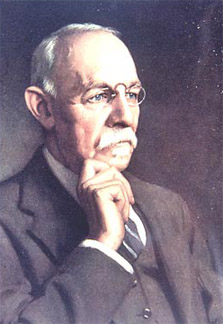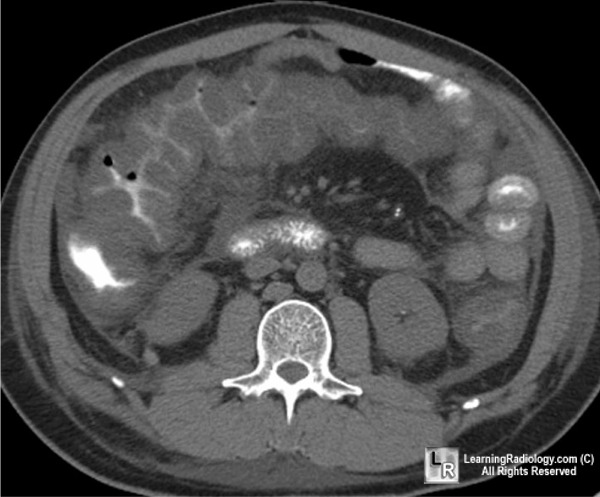
No specialty has been more affected (compromised?) by the notion of work hour reform than general surgery. With the introduction of the 80 hour work week, surgical interns and junior residents saw their hospital contact time
cut drastically with deleterious consequences in terms of
case load and relative comfort level taking care of typical surgical complications. Other data suggests that errors are paradoxically increased when surgical residents are forced to go home early post call because of continuity of care issues during patient hand offs.
I know I sound like a crotchety old timer, longing for the days of stumbling into my tiny studio apartment in Chicago as an intern with the AC broken, mindlessly whipping up a pan of Kraft mac and cheese, eating directly from pan, and crashing out on the couch with the half eaten mac/cheese on the floor and the TV on and the alarm set to go off at 4:00Am the next morning. Such fond memories indeed. But that sort of regimen made me an anal, relentless, rarely satisfied, tireless surgeon (at least when it comes to patient care). And everyone went through the same thing. So we held each other accountable. It became a way of life (goodbye golf, having beers till 2Am on a random Wednesday in Lincoln Park). And I don't regret it for a minute. I was brainwashed and indoctrinated, most definitely. But I wouldn't be the surgeon I am today without the experience of old school residency. You just can't make up for the lost face time and hours and hours of hours of unfiltered hospital life. There are no books you can read at home to reproduce it. No Youtube videos to watch. No "intensive resident education seminars" that will replace the value of simply spending an ungodly amount of time in the hospital.
One of the arguments for work hour reform is this idea that residents spend too much time doing
scut. Scut is the bane of the intern's existence. Go draw a CBC on patient X. Go wheel Mr Y down to cardiology for his stat echocardiogram. Go down to radiology and get hard copies of Mrs M's MRI. Write transfer orders on 6 patients in the ICU. Call the outside hospital to get records of patient G faxed to us by noon. When the senior residents would alight their gaze upon you with that look of "Man, I hate to have to ask you this but..." it's just soul crushing. But you did it. The whole time you're grumbling to yourself about how such mindless toil is beneath you and unworthy of the efforts of someone so highly educated. Is this why I studied so hard all these years?
But a funny thing happens when you spend so much time in the hospital. You find yourself seeing things and experiencing events that change you fundamentally. Little things like chatting with an elderly man while you wheel him down to CT scan, making small talk, learning about him as a human being, rather than simply a name on the list. Watching a veteran nurse in ICU handle a difficult family. Observing how difficult it can be for proud, independent men and women to be thrust into the role of dependent patient, institutionalized, helpless. Seeing the grimace on a patient's face when you're drawing his blood. And there's also the major events. The code blues that are called and you're the only physician around. The post op liver transplant in the ICU who's not doing so well and you end up sitting at her bedside all night, watching the monitors, reacting to the subtle real time alterations in her condition. The emergency colectomy that comes in while all the senior residents are busy doing other cases and you're the only one left to assist. The possibilities are endless. But you have to be present. You have to be in the hospital. The experience is yours, if youre willing to seize it.
You see, there's more to being a doctor/surgeon than just learning how to fix a hernia or run a code. There's a mindset that has to take hold. Call it indoctrination if you like but it's a process that attempts to transform a self-satisfied, smug, well-educated medical student (I certainly fell into that category) into the sort of selfless, compassionate, dedicated, thorough, and mindful physician that we all deserve (a gradual transformation that doesn't end just because you've become an Attending, believe me). The scut work and mindless b.s that junior residents used to have to endure has a lasting effect. One's immersion into the totality of hospital life as a trainee leaves a lifelong mark. Even today, I make my rounds the same way I did when I was an intern. I sit in front of the computer and dutifully write down all the vitals and lab results of my patients in little chicken scratch boxes. I review the xrays and medicine lists. I make up a preliminary plan. And then I go see everyone, one by one. It's very banal and systematic. Nothing's changed, only the degree of ultimate responsibility.
Imagine the military without basic training. Football without two a days in the July heat. Medical school without the grueling second year of no sunlight and 10 hour library sessions. A lot of guys can throw a nice tight spiral on the practice field, but that's not what makes a great quarterback. It's the guy who can make the clutch throws late in the game when he's exhausted, banged up, and all the pressure is on his shoulders. The kinds of people who can perform when the chips are down aren't always born that way. Mental toughness is malleable. And I think that's what Dr. Halsted had in mind when he pioneered the first surgical training program at Johns Hopkins....






